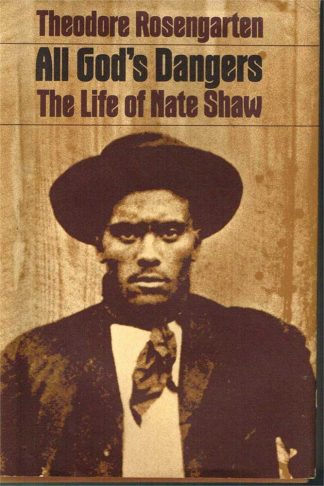By Cecily Marcus
Curator of the Givens Collection of African American Literature, the Performing Arts Archives, and the Upper Midwest Literary Archives; Principal Investigator, Umbra Search African American History
Of all of the things that this time is — ”unprecedented,” heartbreaking, revealing, painful — it is also a time of proliferating lists: lists of books to read (Schomburg Center for Black Research in Black Culture’s Black Liberation reading list); lists of mutual aid sites and other protest-related resources in Minnesota, at uprising.mn, for example; and others.
And here, a small list, from the Libraries’ Givens Collection of African American Literature, that means to provide some context for thinking about the consequences of founding a country on principles of white supremacy. The materials listed below are all, in their own ways, documents of violence, but they are not reducible to the violence perpetrated by white people and white systems of power and subjugation.
The particular power of individual accounts, of ways of seeing the world, of art being made, and of bearing witness emerge. That said, it’s a lie of history that good things come from bad. There is nothing good about murder of George Floyd by the Minneapolis Police, and nothing good comes from the thousands of lynchings over hundreds of years. This is the country we have built.
The texts included below are findable through various channels: Full text from lib.umn.edu; archival video and manuscripts from Umbra Search African American History, a national search tool of African American primary sources, created by the Givens Collection; and materials located and gathered by Umbra Search partner Colored Conventions.
-
- All God’s dangers: the life of Nate Shaw, by Nate Shaw; Theodore Rosengarten. New York : Knopf : Distributed by Random House 1974, Available in full text from Hathi Trust through lib.umn.edu. And: Givens Collection Narratives by Formerly Enslaved People, Commissioned by the Federal Writers’ Project, 1937.
- Report of the National Advisory Commission on Civil Disorders.United States. National Advisory Commission on Civil Disorders.
Washington, D.C. : U.S. Govt. Printing Office 1968 - James Baldwin at Berkeley High School, 1979 (video).
- W.E.B. DuBois’s notes tracking lynchings in 1927, for The Crisis Magazine: A Record of the Darker Races.
- Proceedings of Convention of Colored Citizens of the State of Minnesota, in Celebration of the Anniversary of Emancipation, and the Reception of the Electoral Franchise, on the First of January, 1869. From Colored Conventions Project, founded at the University of Delaware, that collects and presents digitally the documentation of “Colored Conventions” where, from 1830 until after the Civil War, African Americans “gathered across the United States and Canada to participate in political meetings held at the state and national levels. A cornerstone of Black organizing in the nineteenth century, these conventions brought Black men and women together in a decades-long campaign for civil and human rights.”
More anti-racism books, resources
Seeking to know more about racism, anti-racism, police, prisons, and protest? The U of M Libraries has made these relevant e-books available, typically in multiple copies, to our U of M community.
- An African American and Latinx History of the United States: Revisioning American History
- Apocalypse of settler colonialism: the roots of slavery, white supremacy, and capitalism in 17th century North America and the Caribbean
- Arrested Justice: Black Women, Violence, and America’s Prison Nation
- Autobiography of Malcolm X
- Bad Boys: Public schools in the making of black masculinity
- Black Marxism the making of the Black radical tradition
- Chokehold: Policing Black Men
- The End of Policing
- Golden gulag: prisons, surplus, crisis, and opposition in globalizing California
- How to be an antiracist
- How we get free: Black feminism and the Combahee River Collective
- If Beale Street Could Talk
- Intersectionality as Critical Social Theory
- Me and White Supremacy
- On lynchings
- Oppositional consciousness: the subjective roots of social protest
- Racial Reconciliation and the Healing of a Nation: beyond law and rights
- Redefining Realness: My Path to Womanhood, Identity, Love & So Much More
- Sister Outsider: essays and speeches
- The blacker the berry: a novel of Negro life
- The bluest eye
- The Condemnation of Blackness: race, crime, and the making of modern urban America
- The first civil right: how liberals built prison America
- The new Jim Crow: mass incarceration in the age of colorblindness
- The Torture Letters: Reckoning with police violence
- Well-Read Black Girl: Finding Our Stories, Discovering Ourselves
- West Indian immigrants: a black success story?
- White Fragility: why it’s so hard for White people to talk about racism
- White Rage: the unspoken truth of our racial divide
- Who Do You Serve, Who Do You Protect?
Anti-racism research guide
The Libraries also has an anti-racism research guide, which includes recommended readings, resources, links to U of M experts, and more.





